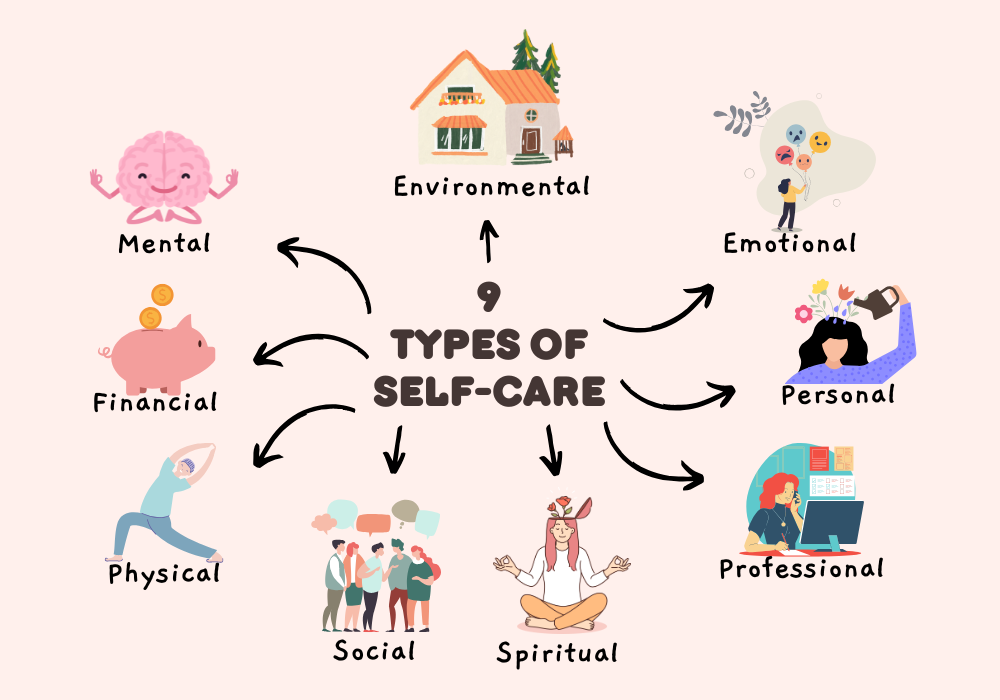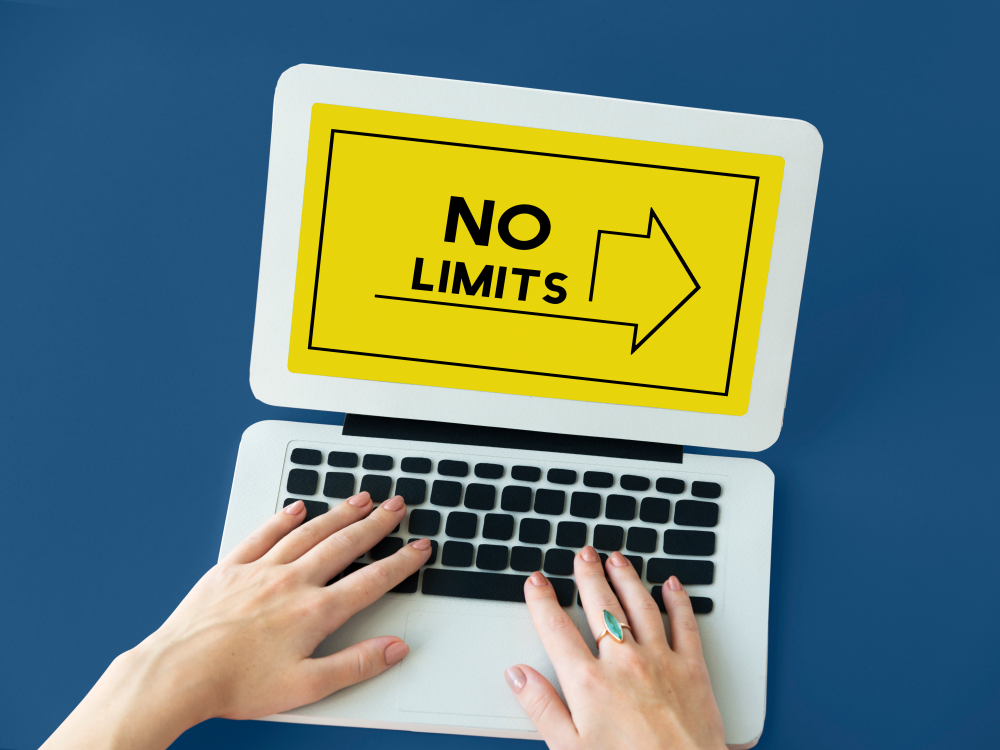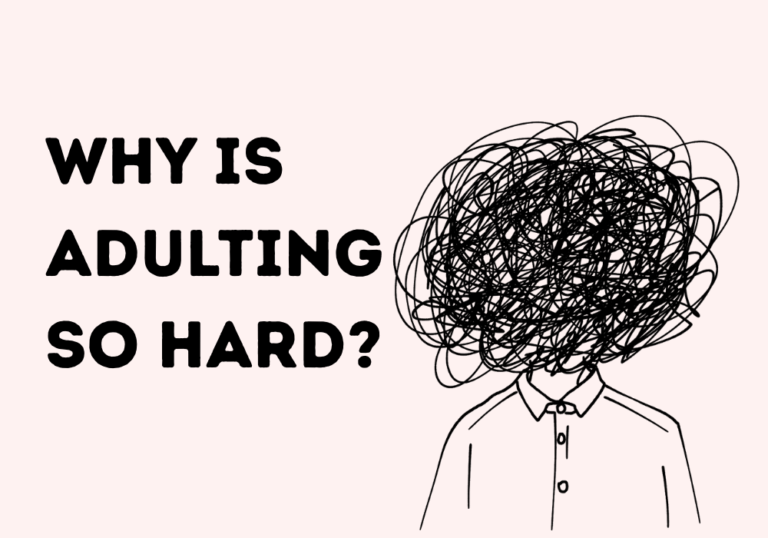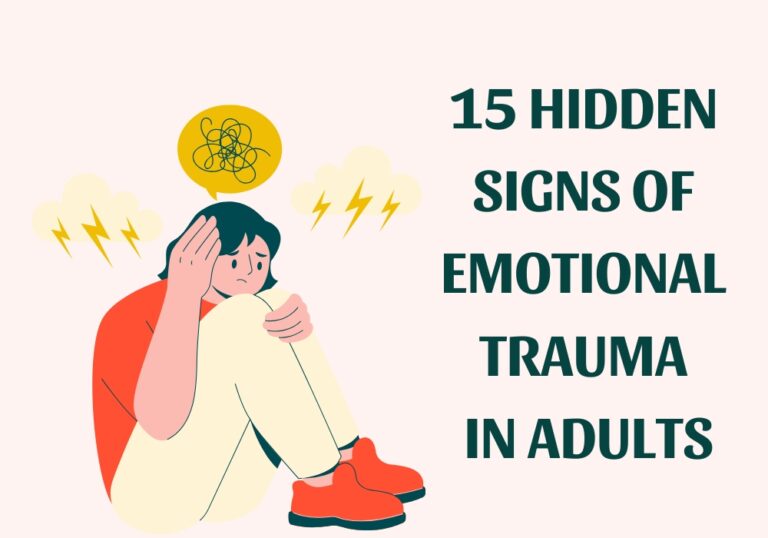What are limiting beliefs?
Limiting beliefs are deeply ingrained thoughts and opinions that individuals impose on themselves, which create mental barriers and restrict personal growth. These negative beliefs, often rooted in past experiences, trauma, negative self-talk, or societal influences, impose limitations on what individuals believe they can achieve or become. It is vital to overcome these limiting beliefs to unlock one’s full potential and achieve personal growth.
Limiting beliefs can significantly impact one’s life, including career, personal development, relationships, and overall happiness. These beliefs can be deeply ingrained and may go unnoticed until they are consciously addressed.
Holding negative beliefs can lead to a lack of confidence, self-doubt, and fear of failure. It can prevent individuals from taking risks, pursuing opportunities, and achieving their full potential. Therefore, it is important to acknowledge and address these beliefs to overcome them.
When you let go of limiting beliefs, you open up a world of possibilities and create a mindset of empowerment that can help you live a more meaningful life.
Examples of limiting beliefs:
- I am not deserving of happiness and love.
- I am not intelligent enough to succeed in this field.
- To be accepted, I need to be perfect.
- I’ll never be able to overcome this obstacle.
- I am of an age that is not conducive to realizing my dreams.
- I lack the essential skills to accomplish my ambitions.
- Failing is not acceptable.
- I don’t have what it (skills)takes to be successful.
- I’m too busy to start a new hobby.
- I don’t have time to learn new things my schedule is full.
- I should always try to please everyone.
How to identify limiting beliefs?
Overcoming your limiting beliefs starts with finding them. Here are some tips to help you identify your limiting beliefs:
1-Examine your beliefs:
Spend some time reflecting on your beliefs about yourself and your abilities. Ask yourself if these beliefs are helping or hindering you.
Related: 85 Deep Questions to Ask Yourself
2-Write the areas where you feel challenged:
Identifying and addressing limiting beliefs that are causing challenges in life is an important step toward personal growth and success. What beliefs are holding you back?
Write down the challenges you face and analyze any recurring patterns; this will provide you with an opportunity to devise self-improvement tactics for specific areas of your life.
3-Pay attention to self-talk:
Observe the internal dialogue and thoughts that arise in different situations. Be mindful of any recurring negative or self-defeating statements that might be holding you back from achieving your full potential.
Related: The Toxic Effects of Negative Self-Talk
4-Assess your behavior:
When attempting to identify limiting beliefs, another approach is to assess one’s behavior. One might discover that negative or toxic actions are often driven by these beliefs.
For example, if you find it hard to speak up when someone offends you, you might have the belief that conflict is bad. This can prevent you from having healthy relationships because you can’t express yourself or have healthy disagreements.
5-Discover the past and childhood experiences:
Examine your childhood and previous experiences. Evaluate any negative messages or experiences from the past that may have influenced your current beliefs about yourself and your abilities.
6-Examine your assumptions:
Take a look at the assumptions or generalizations you make about yourself and the world. Do they have any real evidence behind them or are they just based on your past experiences or conditioning?
7-Examine areas of self-doubt:
Discover the places in your life where you feel trapped, anxious, or hesitant. Investigate why you feel a certain way and examine any underlying beliefs that could be impacting those feelings.
How to overcome limiting beliefs?
1-Identify your limiting beliefs:
The first step to overcoming limiting beliefs is to identify and define them. Limiting beliefs are ideas that we hold about ourselves and the world that prevent us from achieving our full potential. They impede us in various ways, causing us to feel undeserving of success, inferior to others, and unsupported by the world.
2-Admit that your view of the world is biased:
Our perception of reality is shaped and influenced by our beliefs. Acknowledging this concept can help us change the mental filters that shape our understanding of reality.
3-Recognize that it is just a belief :
It is important to acknowledge that our beliefs may be based on falsehoods and are not necessarily facts. This recognition is crucial in our pursuit of truth.
4-Find evidence to the contrary:
Encourage yourself to confront limiting beliefs by seeking evidence that contradicts them. For instance, if you believe that you are not a good public speaker or are never successful in something, look for situations where you have done this effectively.
5-Take your time and articulate it:
Many beliefs that hinder us are not fully formed, making them difficult to comprehend and challenge. Practice clarifying your reluctance to pursue decisions that would facilitate your progress. Why is that so if you feel regretful for taking a break or are convinced that you are lazy or incompetent? Record it. Explain it further. Is it still logical?
Related: How To Improve Mental Clarity ? 16 Ways to Achieve It
6-Take action:
Taking action toward your goals can be a helpful way to build confidence and challenge limiting beliefs. By breaking down your goals into smaller, achievable tasks, you can take steps toward achieving them.
Related:10 easy ways to help you stay on track
Related➡Ultimate Life Planner Pro: All-in-One Printable Digital Planner (A4/A5)- 16 pages⬅
7-Adopt a new belief:
Select a new belief that can help to enhance your life. This process may not be simple. Depending on how much time you have spent thinking and living with the belief that led you to your current stance, it may have established an extremely strong emotional connection and deeply ingrained the belief. If you wish to proceed with changing your belief, you will need to have the fortitude and bravery to alter your thinking and adopt the new belief.
8-Minimalistic Lifestyle:
To eliminate false beliefs that are holding you back, embracing minimalism can be a beneficial practice. The core principles of minimalism are clarity, honesty, and detachment from material things. By adopting a minimalist mindset and resisting external pressure, it is possible to overcome limiting beliefs and lead a more meaningful life.
Related: How Minimalism Can Improve Your Productivity? 17 Tips
9-Work on Your Success:
The purpose of life is happiness, which is often achieved through self-contentment. However, there are times when obstacles such as limiting beliefs can prevent us from pursuing our interests.
By engaging in self-improvement, you can increase your self-awareness and overcome personal weaknesses, rather than passively hoping for limiting beliefs to disappear.
There are multiple ways to develop ourselves, including reading books, internalizing new beliefs, and new hobbies, Setting practical goals, staying learning, and listening to podcasts…
Working on oneself and maintaining a sense of confidence is crucial for surpassing hurdles.
Related: The Top 17 Soft Skills You Need To Succeed
Related:10 Daily Hacks to Achieve Success and Upgrade Your Life
10-Meditation:
Meditation has numerous benefits that may assist you in concentrating on your positive beliefs. Practicing meditation will enable you to attain the best version of yourself in the long run, as it creates a positive feeling in you.
Related: How Meditation Will Change Your Life?
11-Embrace failure as an opportunity:
Change your point of view regarding failure. See it as an opportunity to learn instead of a confirmation of your limitations. By embracing failure as a stepping stone toward progress, you can conquer fear and take more calculated risks.
Related: Why Is Failure Important in Life? ‘ 10 Valuable Lessons ‘
Related: Why Do I Feel Like a Failure? 20 Causes That Might Shock You
12-Change your self-talk:
Overcoming limiting beliefs begins with recognizing how your ‘inner voice’ communicates with you. What happens when you don’t succeed, fail, or give up on a task? Does it encourage or discourage you when you’re getting ready to attend an event or when you try new activities? Identify any negative thoughts and take note of the ones that occur most frequently—those are your limiting beliefs. Try to recognize those negative thoughts and try to replace them with more positive ones.
Related:The Toxic Effects of Negative Self-Talk
13-Practice self-compassion and self-care:
To build resilience and challenge limiting beliefs, it’s crucial to prioritize self-care activities and practice self-acceptance. Treating oneself with care and being kind to oneself is key to taking care of one’s physical, mental, and emotional well-being.
Related⬇

14-Take Responsibility:
Most people don’t take responsibility for their lives, which stops them from achieving their goals. They just think things happen to them and they can’t do anything about it.
By taking charge of our emotions, learning from our mistakes, making better decisions, and pursuing our goals, we can be successful regardless of the obstacles we face.
To gain proficiency in overcoming your limiting beliefs, it is essential to develop an internal locus of control.
Related:8 Tips on How to Take Responsibility for Your Life
15-Challenge yourself and get outside your comfort zone:
Step outside your comfort zone and challenge your beliefs by taking small steps toward your goals. Pursue activities that align with your aspirations, even if they present a slight challenge or discomfort. Gradually reducing your comfort zone will help you build confidence and prove to yourself that you are capable of achieving more than you previously believed.
Related: Stepping Out of Your Comfort Zone: 20 Unique Tips for Growth
16-Journaling:
A daily habit of writing down your thoughts can assist you in labeling and clarifying your emotions and beliefs. Journal prompts can aid in the mapping of your limiting beliefs and the identification of their core. This should assist you in clearing things up and eliminating your limiting beliefs.
->Unlock your most organized year yet with the 2025 Ultimate Life Planner Pro!<-
Related:10 Tips to start Journaling and make it a Habit
17-Visualize:
The thing is that our brains can’t even tell if the world we visualize is real or not. So it would help if you visualized every day to get results that go against your limiting beliefs.
See yourself confidently taking on new opportunities and achieving success in areas where you used to doubt yourself. Visualizing can help change your mindset and build positive beliefs.
18-Gratitude Practice:
Create a routine of expressing gratitude daily to alter your mindset towards abundance and positivity. Cultivate a mindset that counters limiting beliefs of scarcity or lack by expressing appreciation for what you already have.
->Transform Your Life: Gratitude Journal in 4 Sizes <-
19-Seek Role Models and Inspiration:
Find people who have gone through similar challenges or have overcome similar beliefs to you. Examine their stories and experiences, acquire knowledge from their tactics, and derive motivation from their achievements.
20-Seek support:
Sometimes, addressing our limiting beliefs can be challenging without seeking external assistance. In such cases, consulting with a mental health professional may prove beneficial and can also offer guidance, support, and resources to facilitate the exploration and processing of thoughts in a secure setting.
Therapy may provide a deeper understanding of the origins of our beliefs, how they are rooted in past experiences, and how they affect us presently. It can serve as a powerful tool for cultivating self-awareness and, ultimately, transforming our behavior.








